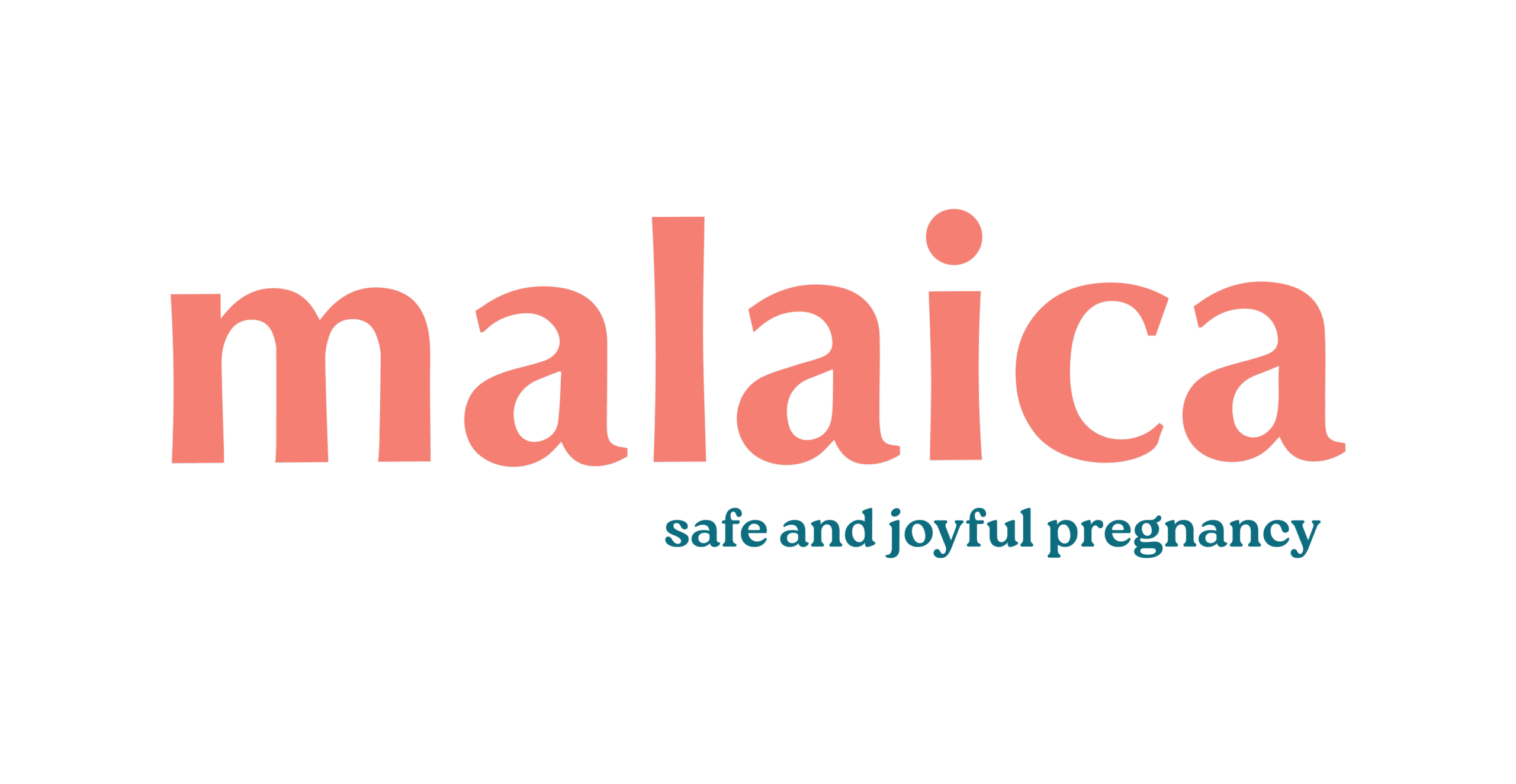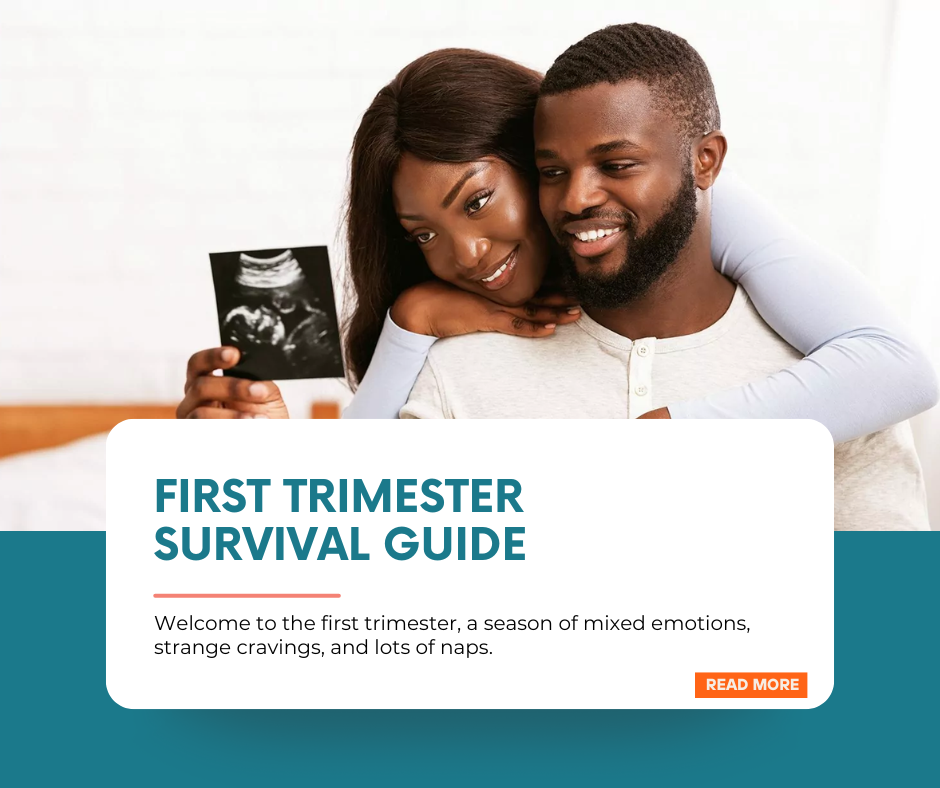You can hardly believe it. Congratulations, mama!
You’re officially pregnant and while your heart is bursting with excitement, your body might feel like it’s suddenly running its own chaotic experiment. Welcome to the first trimester, a season of mixed emotions, strange cravings, and lots of naps.
For many women, those first 12 weeks come with both joy and confusion. You might be wondering what’s normal, what’s not, and how to survive it all with your sanity intact. Here’s your ultimate first-trimester survival guide from real experiences to reassuring truths every Kenyan mum-to-be should know.
The emotional rollercoaster is real
One minute you’re teary watching an advert about baby diapers, and the next you’re laughing uncontrollably because someone said “nyama choma.” It’s not you it’s your hormones.
During the first trimester, estrogen and progesterone levels soar to support your growing baby. This hormonal surge can cause mood swings, irritability, and even anxiety. It’s completely normal to feel all over the place.
Survival tip: Give yourself grace. Rest when you need to, talk to someone you trust, and remind yourself that you’re not “too emotional” you’re creating life.
Morning Sickness (That Lasts All Day)
Ah, the infamous nausea. Despite its name, “morning sickness” can strike at any time morning, noon, or right in the middle of your ugali na sukuma wiki. Some mamas sail through the trimester nausea-free, while others can’t stand the sight of food they once loved.
Normal: Mild to moderate nausea, occasional vomiting, food aversions, and heightened sensitivity to smells.
Not normal: Severe vomiting that keeps you from keeping food or water down that could be hyperemesis gravidarum and needs medical attention.
Survival tip:
Eat small, frequent meals.
Keep plain crackers or biscuits by your bedside.
Sip water, coconut water, or ginger tea throughout the day.
Avoid strong smells and spicy foods that trigger nausea.
Fatigue like you’ve never known before
If you feel like you could nap standing up, you’re not alone. Your body is working overtime building the placenta, adjusting hormones, and increasing blood supply. It’s like running a marathon while sitting still.
Survival tip: Sleep early, sneak in power naps, and slow down your pace. Let go of guilt — this is not laziness. Your body is doing something extraordinary, and rest is part of the process.
Breast tenderness and body changes
Your breasts might feel heavier, sore, or tingly, another sign that hormones are preparing your body for breastfeeding. You might also notice darkening of the nipples and visible veins on your chest.
Normal: Mild soreness, swelling, or tenderness.
Not normal: Sharp pain, lumps, or discharge that looks unusual.
Survival tip:
Invest in a soft, supportive bra (you’ll thank yourself).
Avoid underwire bras if they feel uncomfortable.
Moisturize your skin, it’s stretching too!
Spotting and cramping
A small amount of light pink or brown spotting can be normal, especially when the fertilized egg implants in your uterus. However, heavier bleeding or sharp cramping should never be ignored.
Normal: Mild cramps similar to menstrual pain.
Not normal: Heavy bleeding, clots, or severe pain, call your doctor immediately.
Survival tip: Always trust your instincts. If something feels off, it’s okay to seek reassurance from your healthcare provider.
Food cravings and aversions
Suddenly can’t stand your favorite chapati? Or craving roasted maize in the middle of the night? It’s normal! Your changing hormones can make your taste buds unpredictable.
Survival tip:
Give in to healthy cravings when possible.
Keep your meals balanced, including fruits, proteins, and whole grains.
Don’t worry if some days you only manage rice and soup; the goal is to eat what you can.
Frequent urination
Your bladder might feel like it’s constantly under attack, blame it on the increased blood flow and expanding uterus pressing on it. It’s annoying, yes, but normal.
Survival tip: Don’t cut back on fluids. Dehydration can make nausea worse. Instead, plan bathroom breaks and stay hydrated.
Emotional health and anxiety
Between excitement and fear, it’s easy to feel overwhelmed. Thoughts like “Will my baby be okay?” or “Can I handle this?” are completely normal.
Survival tip:
Join a pregnancy support group (there are great Kenyan ones online).
Talk to your partner about your feelings.
If anxiety feels too heavy, speak to a healthcare professional. There’s strength in asking for help.
Doctor visits and prenatal care
Your first antenatal visit is a big milestone! Expect urine and blood tests, an ultrasound, and plenty of advice. Your doctor will check your baby’s heartbeat and set the tone for your pregnancy journey.
Survival tip: Write down your questions before appointments. No question is too small — this is your time to learn and understand what’s happening in your body.
What’s not normal?
While most first-trimester symptoms are harmless, there are a few red flags to watch for:
Heavy bleeding or clots
Severe abdominal pain
Fainting or dizziness
Persistent vomiting or dehydration
Fever or chills
No pregnancy symptoms are suddenly disappearing
If you experience any of these, contact your healthcare provider right away.
The bottom line: the first trimester can feel like an unpredictable adventure part joy, part exhaustion, part confusion. But remember: every weird symptom and sleepless night is your body’s way of preparing for something beautiful.
Take it one day at a time, eat what you can and rest when you need to.


